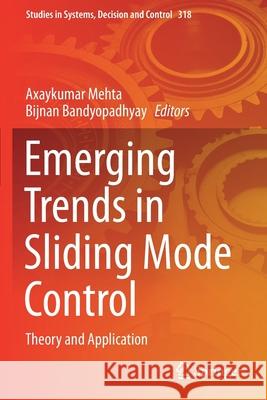Emerging Trends in Sliding Mode Control: Theory and Application » książka
topmenu
Emerging Trends in Sliding Mode Control: Theory and Application
ISBN-13: 9789811586156 / Angielski / Miękka / 2021 / 436 str.
Emerging Trends in Sliding Mode Control: Theory and Application
ISBN-13: 9789811586156 / Angielski / Miękka / 2021 / 436 str.
cena 647,09
(netto: 616,28 VAT: 5%)
Najniższa cena z 30 dni: 616,85
(netto: 616,28 VAT: 5%)
Najniższa cena z 30 dni: 616,85
Termin realizacji zamówienia:
ok. 16-18 dni roboczych.
ok. 16-18 dni roboczych.
Darmowa dostawa!
Kategorie:
Kategorie BISAC:
Wydawca:
Springer
Język:
Angielski
ISBN-13:
9789811586156
Rok wydania:
2021
Ilość stron:
436
Waga:
0.60 kg
Wymiary:
23.39 x 15.6 x 2.26
Oprawa:
Miękka
Wolumenów:
01
Dodatkowe informacje:
Wydanie ilustrowane











